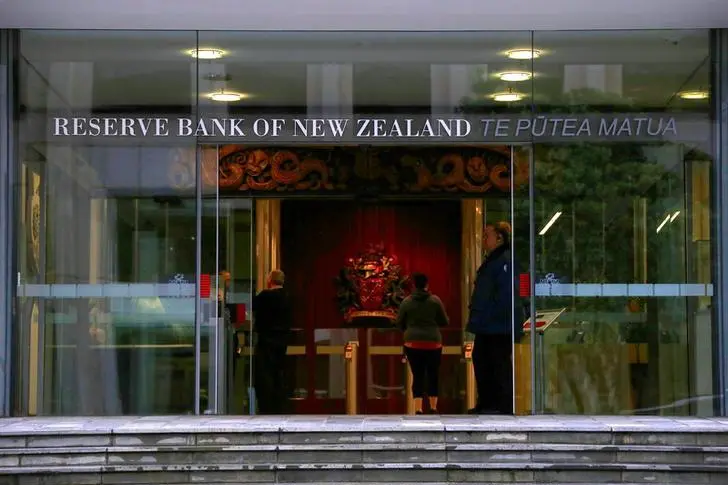PHOTO
SYDNEY - New Zealand's central bank on Thursday said it would proceed with its proposal to tighten mortgage lending in a bid to control an inflated housing market.
The Reserve Bank of New Zealand (RBNZ) from Nov. 1 will restrict the amount of lending banks can do above a loan-to-value ratio (LVR) of 80% to 10% of all new loans to owner-occupiers, down from 20%, Deputy Governor Geoff Bascand said in a statement.
Bascand said house prices remain unsustainable and the risks of a housing market correction continues to rise, increasing risks to economic and financial stability.
"Restricting high risk lending will help prevent these problems getting worse," Bascand said in a statement.
LVR gauges how much a bank lends against mortgaged property, compared with the value of that property. Borrowers with LVRs of more than 80% are often considered as stretching their financial resources.
The bank had lifted LVR restrictions on mortgage lending in April last year to spur credit and support the pandemic-hit economy, but reinstated the curbs in March after the housing market accelerated rapidly.
House prices growth in New Zealand has been the highest among OECD nations over the past year as investors lapped up property buoyed by historically low interest rates and cheap access to finance from the government's pandemic stimulus spending.
Seasonally adjusted median house prices rose 2.5% nationwide in August compared to the previous month, and 25.7% year-on-year, according to the Real Estate Institute of New Zealand (REINZ).
House price growth has continued despite the government slapping new taxes on property investors.
(Reporting by Renju Jose and Praveen Menon; Editing by Leslie Adler and Sam Holmes) ((renju.jose@thomsonreuters.com; +61 29171 7126;))





















